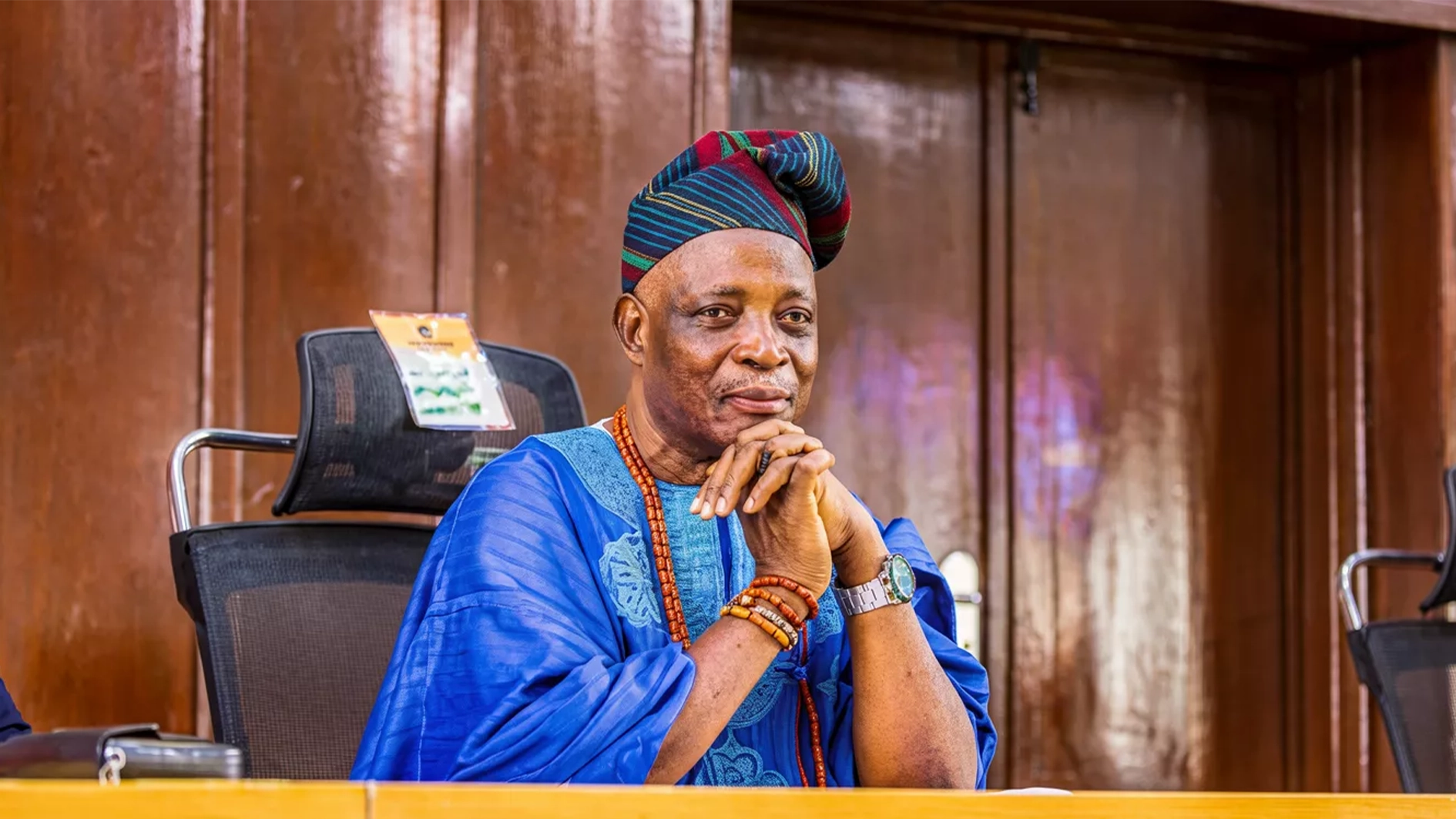The United Kingdom, Canada and Australia have unveiled a coordinated international campaign to curb the growing trend of visa fraud, warning that criminal networks are exploiting vulnerable people and costing victims millions each year.
Announcing the initiative yesterday, the three diplomatic missions said the #FightingVisaFraud campaign marks an expanded level of cooperation among the countries, building on outcomes from the Five Country Ministerial and reinforcing their shared commitment to protect legitimate travellers while safeguarding the integrity of their immigration systems.
The campaign, launched during International Fraud Awareness Week from 16 to 22 November, highlights the surge in sophisticated schemes promising guaranteed visas, unqualified job offers or expedited processing in exchange for high fees.
According to the missions, many victims end up facing visa refusals, financial ruin, travel bans and in severe cases, trafficking and exploitation.
They noted that all three countries have identified common patterns of fraud affecting their immigration pathways, prompting the need for a unified response to a threat that has grown more complex across borders.
British High Commissioner to Nigeria, Dr Richard Montgomery, said visa fraud has far-reaching consequences for individuals and families. He warned that those who fall prey to fraudulent facilitators often lose both their money and their safety.
Montgomery said criminals prey on genuine aspirations for better opportunities and that the joint campaign sends a clear warning for applicants to rely only on official channels, verify all advice and report suspicious activity. He added that while the UK welcomes legitimate visa applications, anyone attempting fraud faces serious consequences, including travel bans of up to ten years.
Canadian High Commissioner to Nigeria, Pasquale Salvaggio, said Canada remains committed to collaborating with international partners to protect people from exploitation.
He described the campaign as a reflection of shared values and a joint resolve to maintain secure, fair immigration systems while supporting those who intend to travel, study or work through legitimate pathways.
The three countries urged prospective applicants to avoid unofficial immigration agents, ensure advisers are properly registered and be wary of red flags such as excessive fees, pressure to pay quickly, job offers without proper qualifications or promises to bypass standard requirements. They stressed that no one can guarantee visa approval.
They also reminded the public that attempting to secure a visa through fraudulent means attracts serious penalties. These include visa refusals, long-term travel bans, financial loss with no recovery, criminal investigation in some jurisdictions and exposure to trafficking networks. The missions reiterated that their immigration and law enforcement agencies work closely to investigate and prosecute visa fraud and illegal facilitation.
They encouraged individuals who suspect fraud or believe they have been victimised to report such cases to the appropriate authorities and seek guidance from official government platforms offering verified information on immigration procedures.






